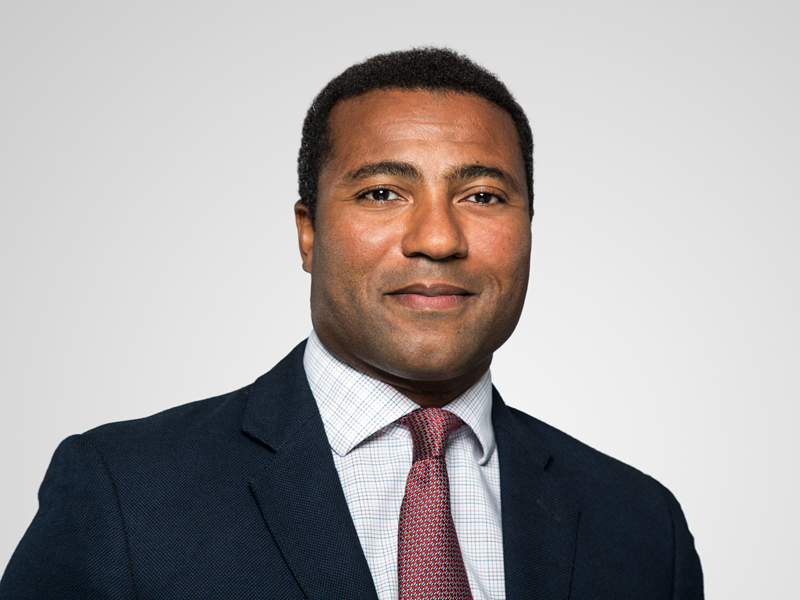The cost of expert shopping

In Burke v Imperial Healthcare [2019] EWHC 3719 (QB), Mrs Justice Tipples allowed the claimant’s appeal against a Master’s decision allowing the defendant to change experts without disclosing its first expert’s report or draft report. It was held that without an explanation making it clear there is no issue relating to expert shopping, there will always be a hint of expert shopping and that is enough, upon a change of expert, to give rise to the imposition of the condition requiring disclosure of the previous expert’s report or draft report. The object of imposing the condition is to prevent expert shopping and ensure full information is available.
Where a party wishes to change experts, the proper procedure should be a letter to the other side setting out what they want to do and why. If no agreement, it will need to be determined at a case management conference or by separate application. This presupposes that any application to change experts should be on notice. If a party fails to give notice then that party will be under a duty of full and frank disclosure extending to all matters of fact and law necessary to show the Court that there is no possibility or hint of expert shopping and that by changing expert significant relevant material is not being withheld from the Court.
Here, the defendant chose to raise this issue for the very first time at the end of the case management conference. The defendant accordingly came under a very clear obligation to make full and frank disclosure of all material information relating to the application concerning the change of expert, which it failed to do. The Master had not been informed of the original expert’s extensive involvement in the defendant’s case or his experience; nor was he reminded of the relevant legal principles. The Master relied on what he was told by the defendant, as he was entitled to do, and was misled into making an order that was wrong in the circumstances. The defendant was ordered to disclose the first expert’s report.
Interestingly, there was no discussion of how this ‘usual condition’ interacts with litigation privilege and it may be presumed that, in line with previous authority, waiver of privilege over the expert’s report was simply the price to pay to obtain the Court’s permission to adduce a new report and avoid the charge of expert shopping.






